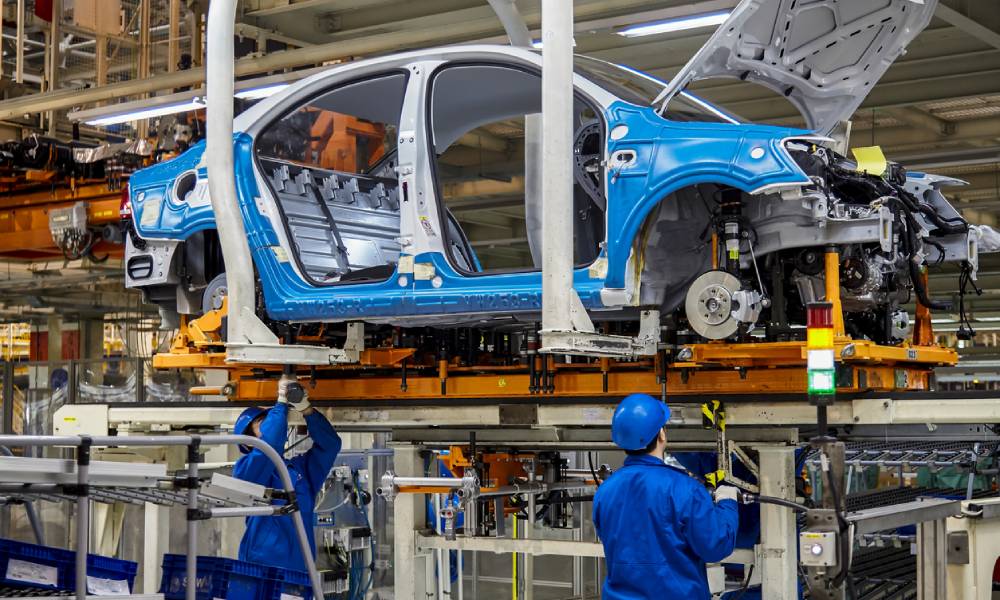A global shortage of semiconductor chips is creating legal problems for auto manufacturers

Like many industries, the global automotive industry has suffered considerable losses over the past 18 months as a result of the COVID-19 pandemic. Border closures and factory lock-downs caused major volatility in the early stages of the pandemic as manufacturers were left without essential parts.
Many auto manufacturers in Canada have been forced to close plants – not only due to tightened health and safety protocols, but also due to an ongoing shortage of semiconductor chips which are needed to power various vehicle features such as power steering, reversing cameras and emergency braking systems.
Some manufacturers have announced reduced production targets this month as a lack of semiconductor chips continues to limit production. General Motors Co. closed its plant in Ingersoll, Ont. early in 2021, and the manufacturer recently announced it will reduce production at most North American assembly plants due to the chip shortage. Toyota announced it will slash global production this month by 40 per cent compared to its previous plan, while Ford has announced it will cut truck production this month.
“COVID created a real people shortage and a supply-chain bottleneck,” says Gian Paolo Vescio, general counsel at the Automotive Parts Manufacturers’ Association, which represents all auto part makers and suppliers throughout Canada. “A lot of cars are practically built but they are still waiting for chips so it’s causing a huge backlog in production.”
The decline in production has created many legal problems, particularly with regard to unfulfilled contracts indicating the timing of vehicle delivery. Dealing with different laws and legislations in different jurisdictions has also created a plethora of legal issues, Vescio says.
Manufacturers need to be able to react quickly to the changing environment by investing in a more skilled workforce, better facilities with advanced IT, and lean manufacturing processes, in Vescio's opinion.
“I think all manufacturers have realised that it pays to be able to react quickly when it comes to the production process,” he says.
The APMA – whose members account for 90% of independent parts production in Canada – is running a program in conjunction with the Ontario government to create a digital school that will allow auto workers currently working in a facility to upgrade their skills on the job.
“It will be a real asset for small and medium enterprises to upgrade their facility efficiency by investing in lean manufacturing and data retention within their organizations to allow for quick reactiveness in this crazy environment we’re living in,” says Vescio.
The APMA is also aiming to assist auto manufacturers during the crisis by trying to attract foreign investment or investment from assemblers or different parts buyers in Canada. The association is also building a demonstration prototype vehicle which will include all the best parts suppliers and auto firms in Canada as a way of displaying the skill of the Canadian auto sector.
Vescio believes that supply chain issues impacting the industry will start to ease in early to mid-2022 as travel restrictions are relaxed.










